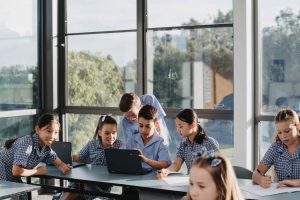
Future focused education and quality Christian care at Good Shepherd is fostering a Culture of Learning.
At the heart of every thriving community is a culture of continuous learning. Throughout the year, we have explored the core elements that define the culture of learning at Good Shepherd. Learning is a dynamic and transformative journey that touches every aspect of our lives. We continually balance these eight dispositions of learning to design cultures of learning that enable each child to flourish. These dispositions inform high-quality teaching practices within a classroom. High-quality teaching inspires positive learning behaviours.
Modelling
One of the cornerstones of our school’s learning culture is the dedication of our educators to serve as role models and lifelong learners. By demonstrating a passion for learning, they inspire students to approach each day with curiosity and enthusiasm. In our classrooms, teachers articulate their thinking, collaborate with colleagues to enhance learning, and take learning risks for self-improvement. Our teachers walk the learning journey with our students and take time to display their learning taking place, not just the finished task, but the learning journey.
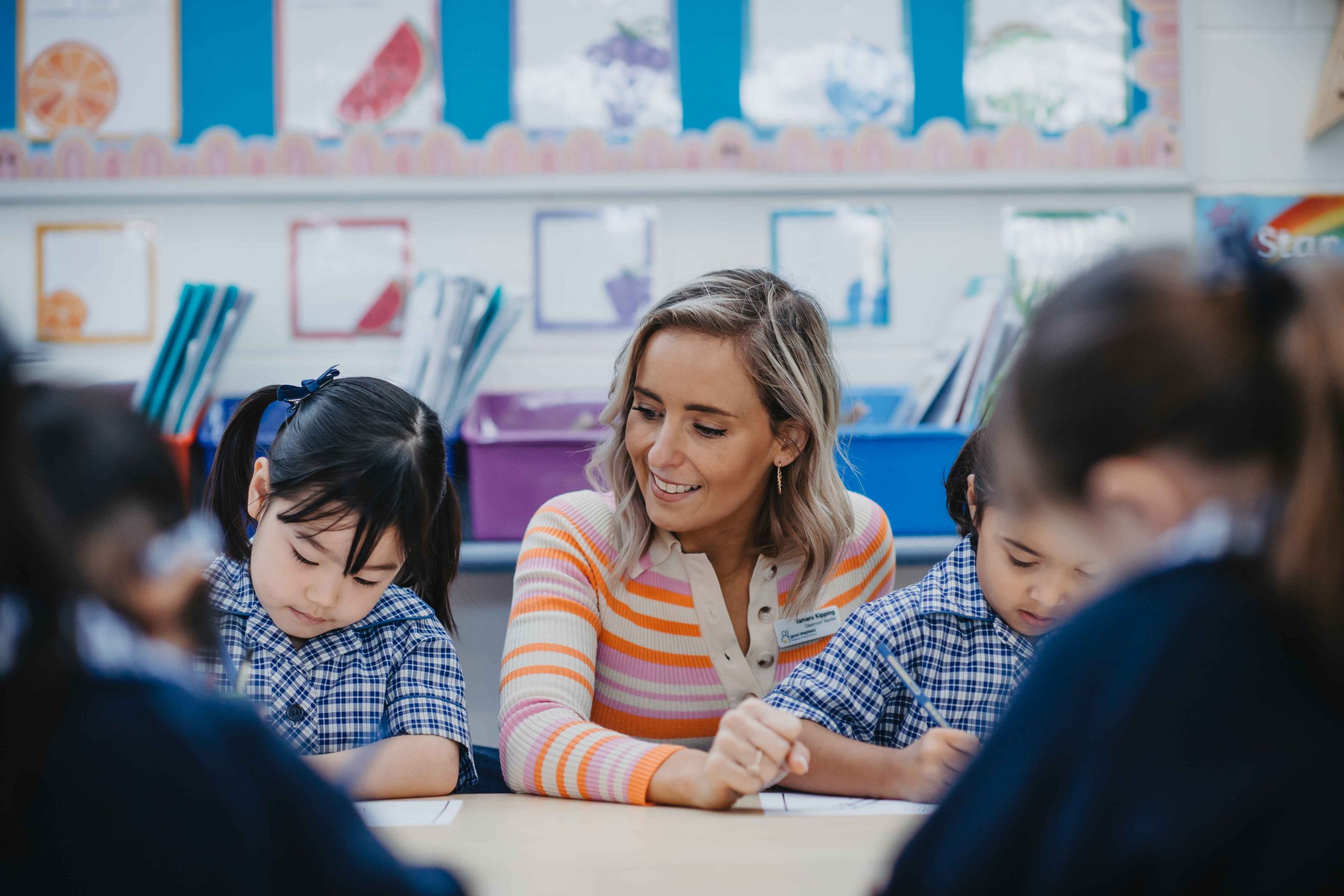
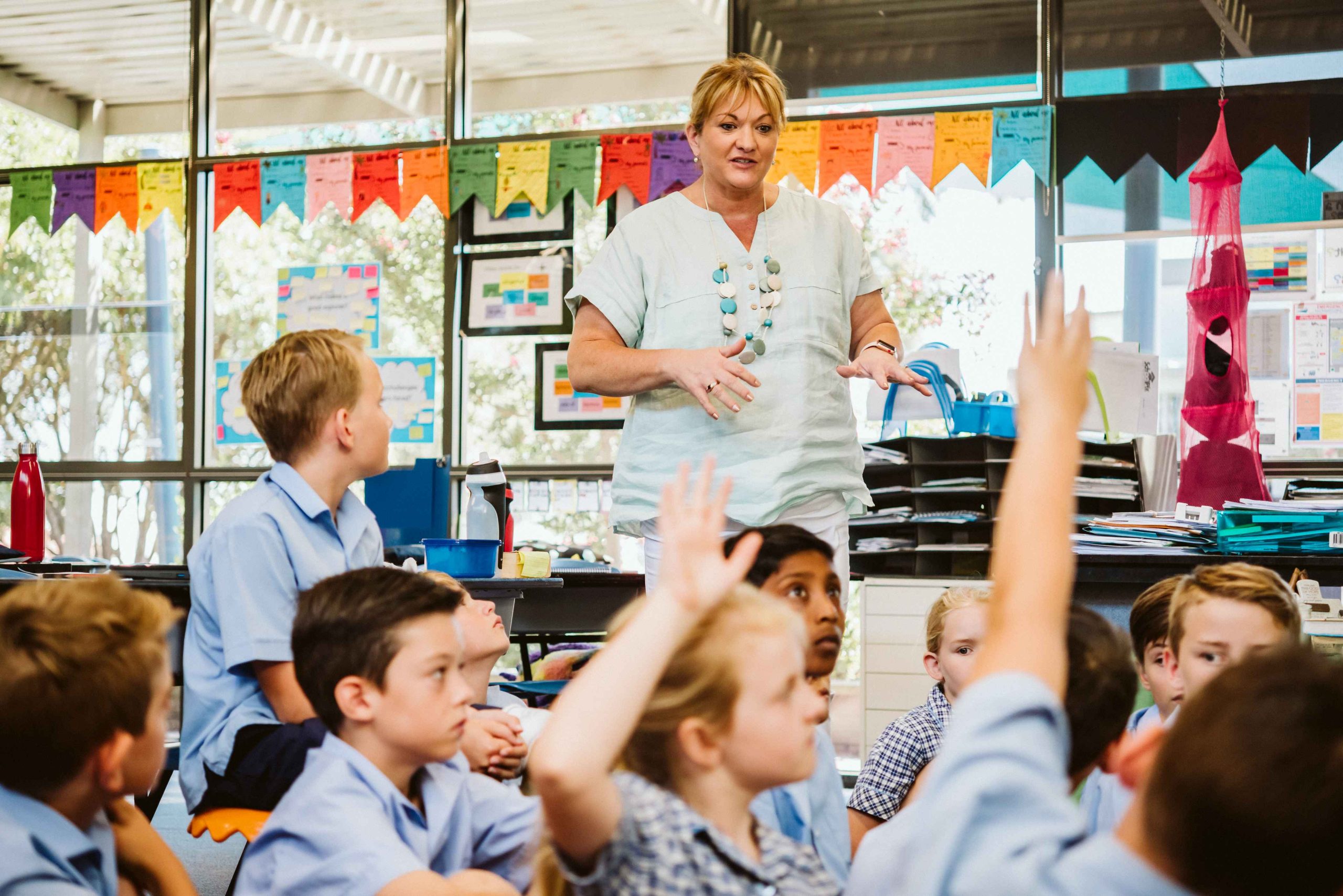
Opportunities
We believe that every child deserves the opportunity to thrive academically, socially, and emotionally. By providing a diverse range of learning experiences and approaches to learning, we allow students to explore their interests and develop a well-rounded skillset. Our educators prompt students to have a sense of their identity by voicing their opinions, questions, and ideas. The consistent use of Thinking Routines embeds reflection practices to expand, change, develop and broaden the depth of their learning. Throughout the learning time, students are provided with feedback by peers and teachers to affirm their learning and identify improvements or changes.
Routines
We teach and guide our students to confidently and independently use routines and structures to further their learning and understandings. The use of Thinking Routines provides learning behaviours
to explore, organise and reflect on learning. Structured learning opportunities from a Reading Group to Maths lesson to home learning instils learning environments that foster participation and best effort.
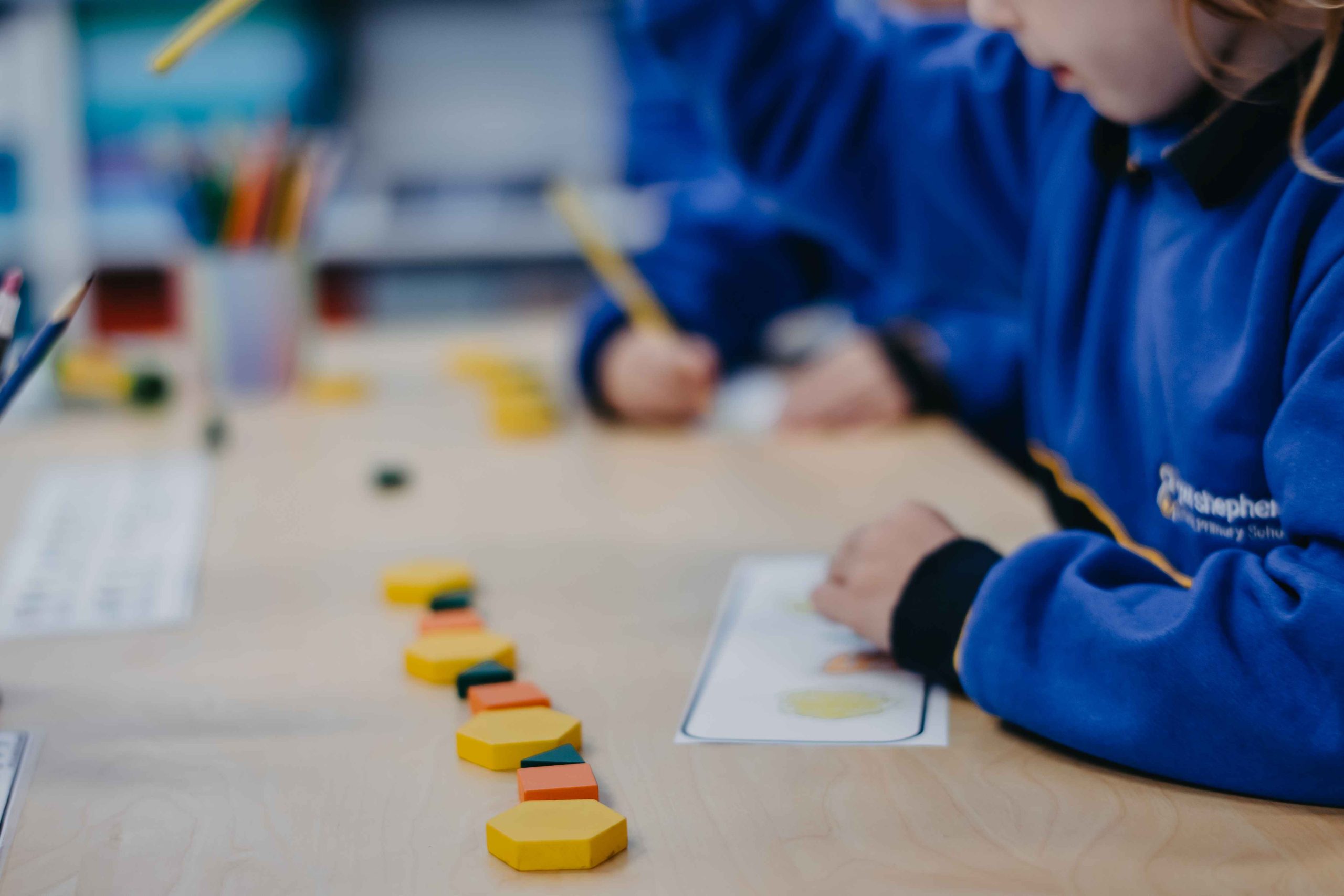
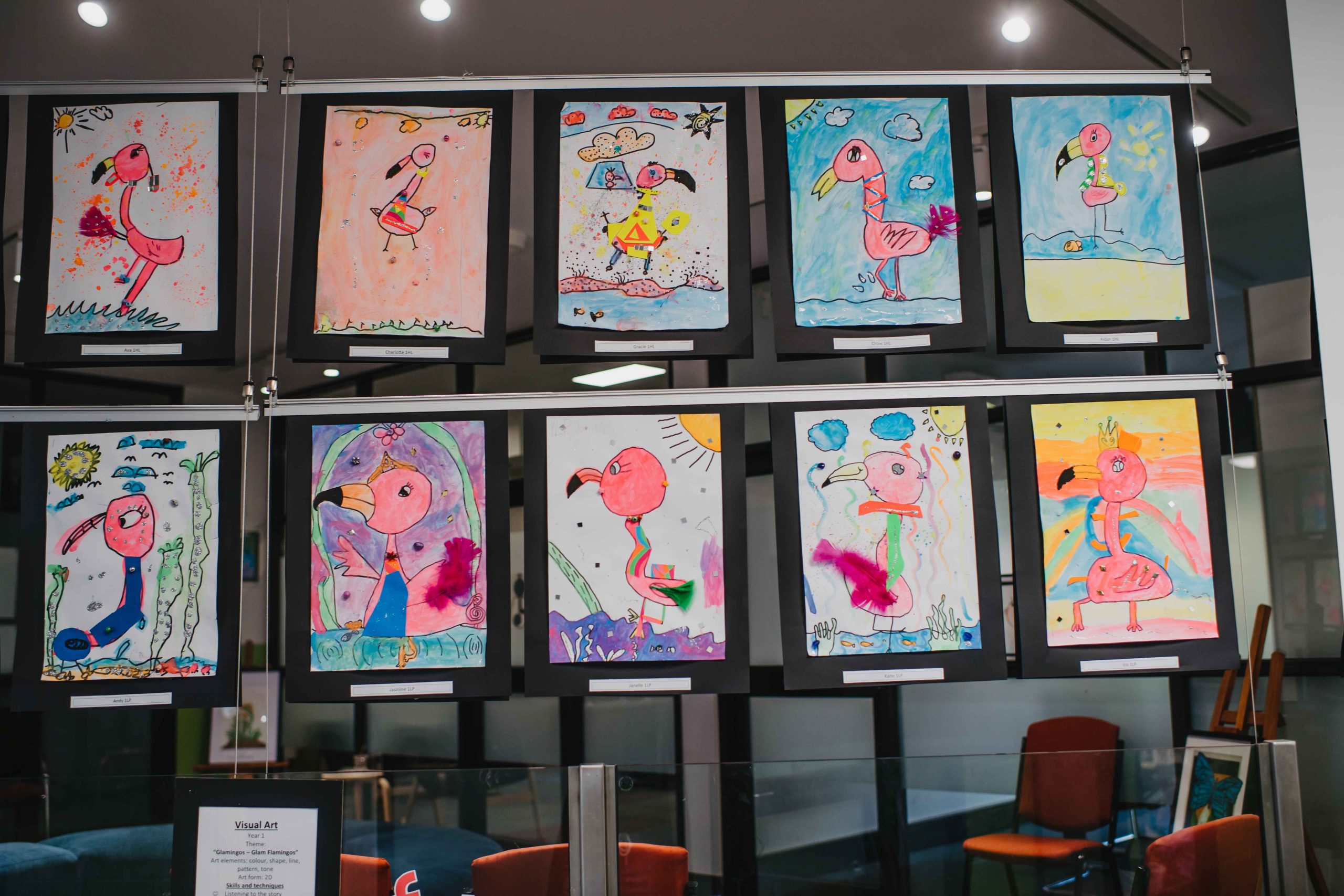
Environments
Walking through our school I can be in awe of the learning taking place. From corridor displays, to classroom learning walls, it highlights the array of learning opportunities taking place from academic to global to spiritual to creativity. Our educators are designing learning programs for our students to foster a love of learning. Our classrooms and learning spaces stimulate student conversation due to desks designs, displays, resources, and outdoor learning spaces. Our educators seek to make the learning intentional and rich.
Language
Communication is at the core of education and relationships. Our students learn to effectively express themselves in conjunction with demonstrating respect to the diverse voices and perspectives of those around them. We emphasise the importance of clear, curious, and inclusive language. Our teachers teach curious language such as what might be, are there other ways, could or should you, I’m puzzled by, and what if. For our students, the golden question is ‘what makes you say that?’ it seeks evidence, understandings, and opinions in their responses. This commitment to language builds a foundation for lifelong communication skills.
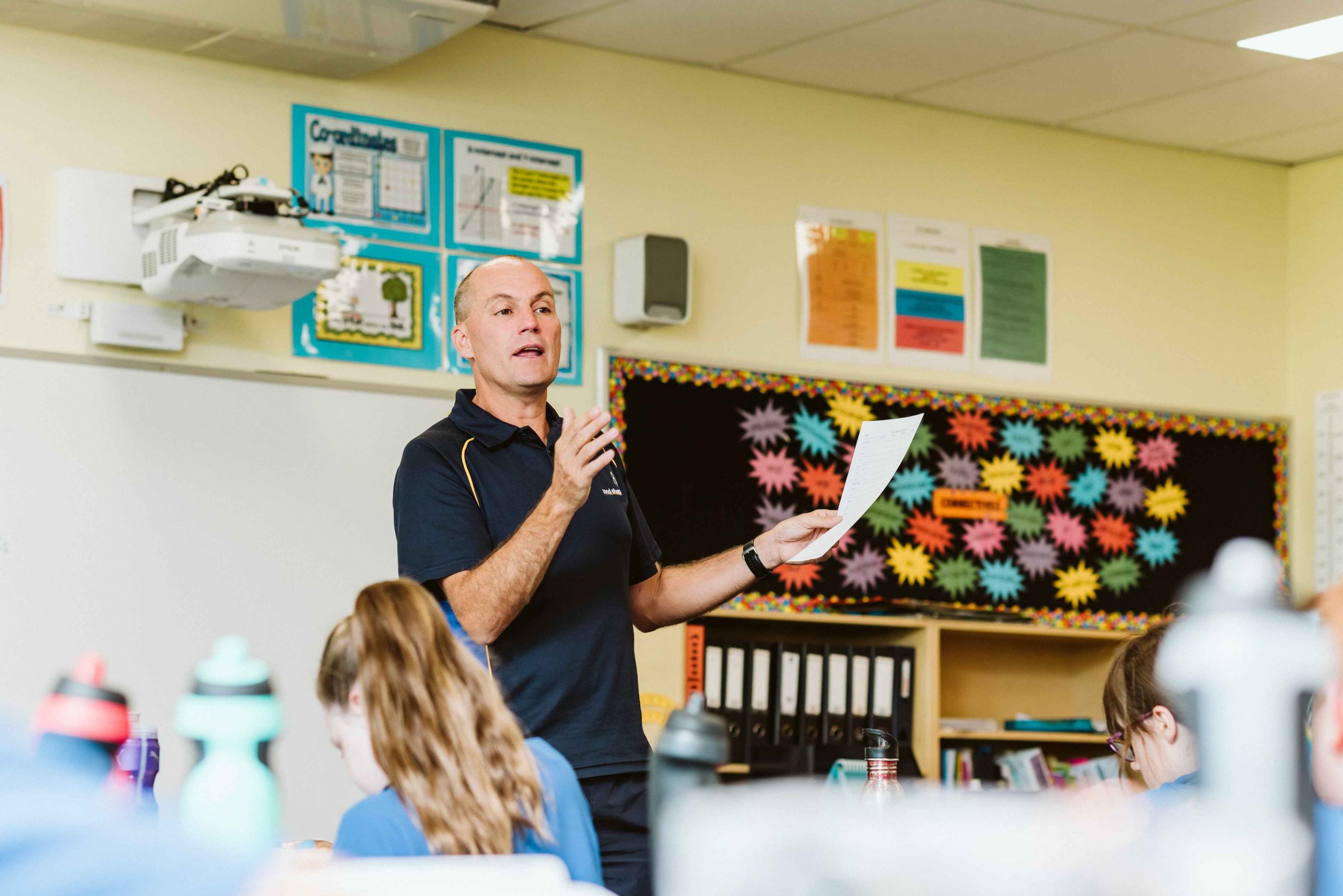
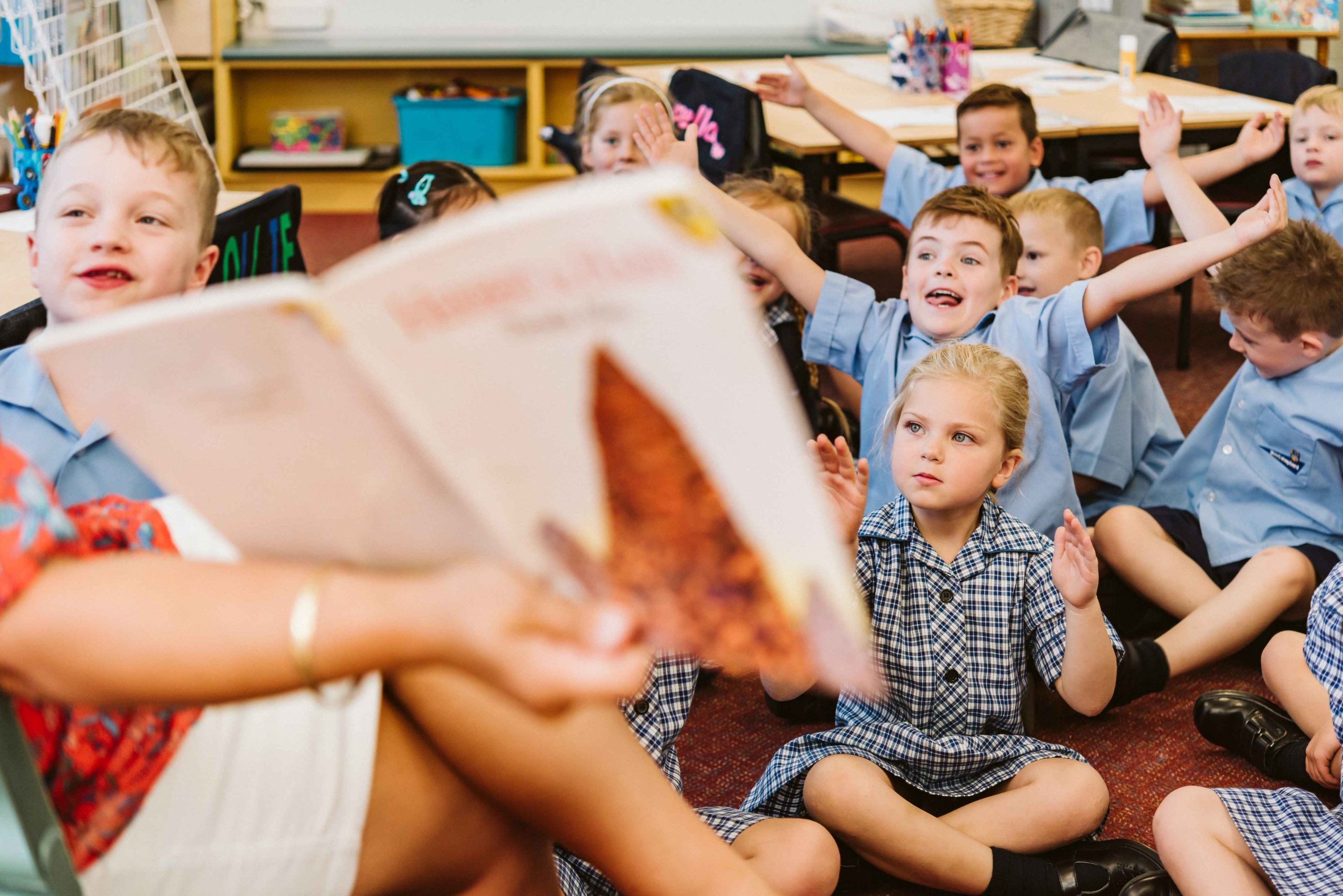
Interactions
Learning is a social experience for our students and teachers. Our school encourages interaction through group tasks, team-building activities, and open conversations. Students learn to collaborate, share ideas, and appreciate the value of working together towards a common goal and the strength of individual differences when contributing. These interactions can build on learning through conversations, opposing opinions or ideas, respectfully challenging, negotiating agreement, and expanding ideas. For each student, they develop confidence in contributing to classroom learning both structured and spontaneously.
Time
We understand that time is precious. We strive to strike a balance between explicit teaching, independent student learning, student-led learning, and collaborative tasks. Learning time is an opportunity for self-discovery and encourage students to explore their interests and passions, along with learning key curriculum outcomes.
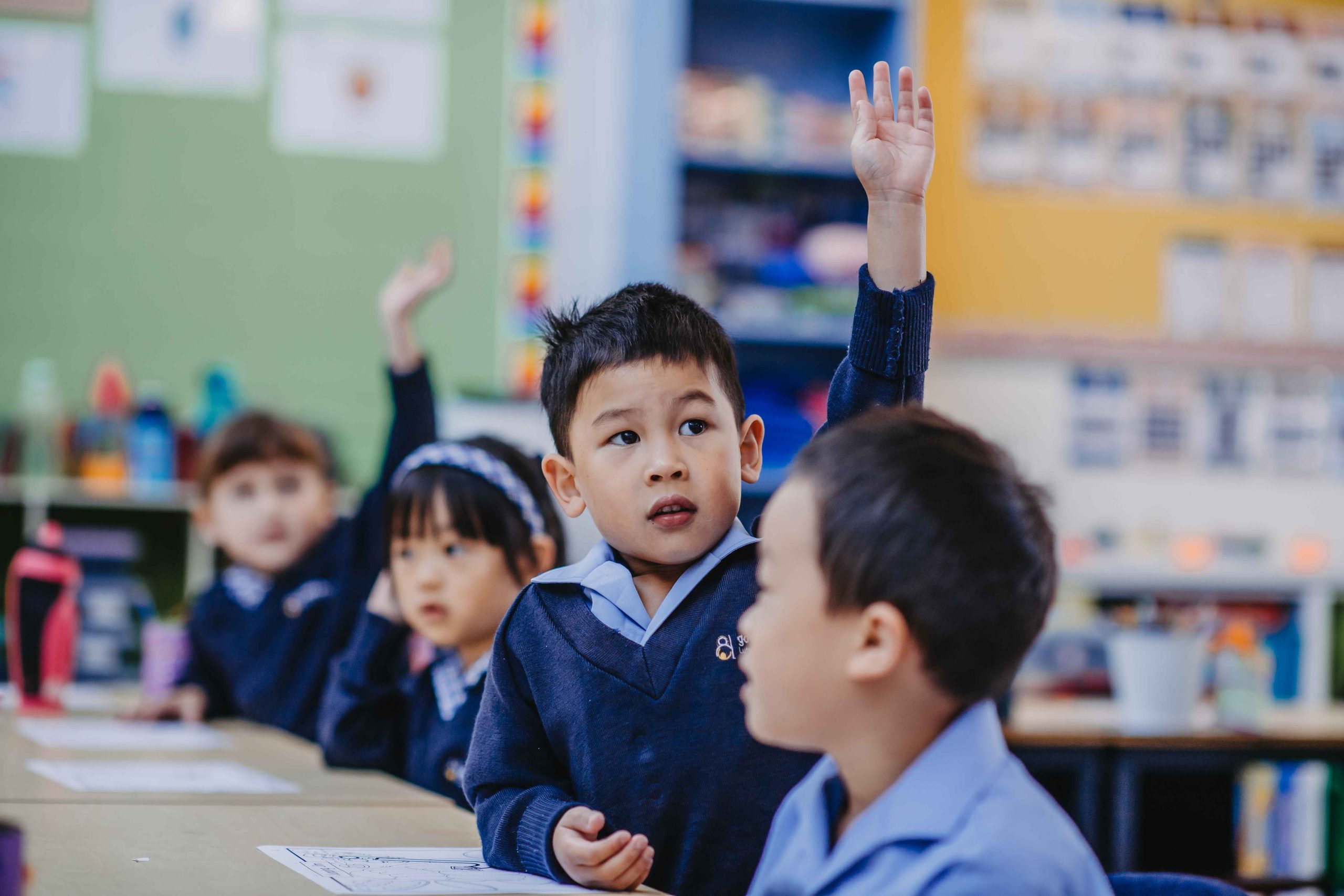
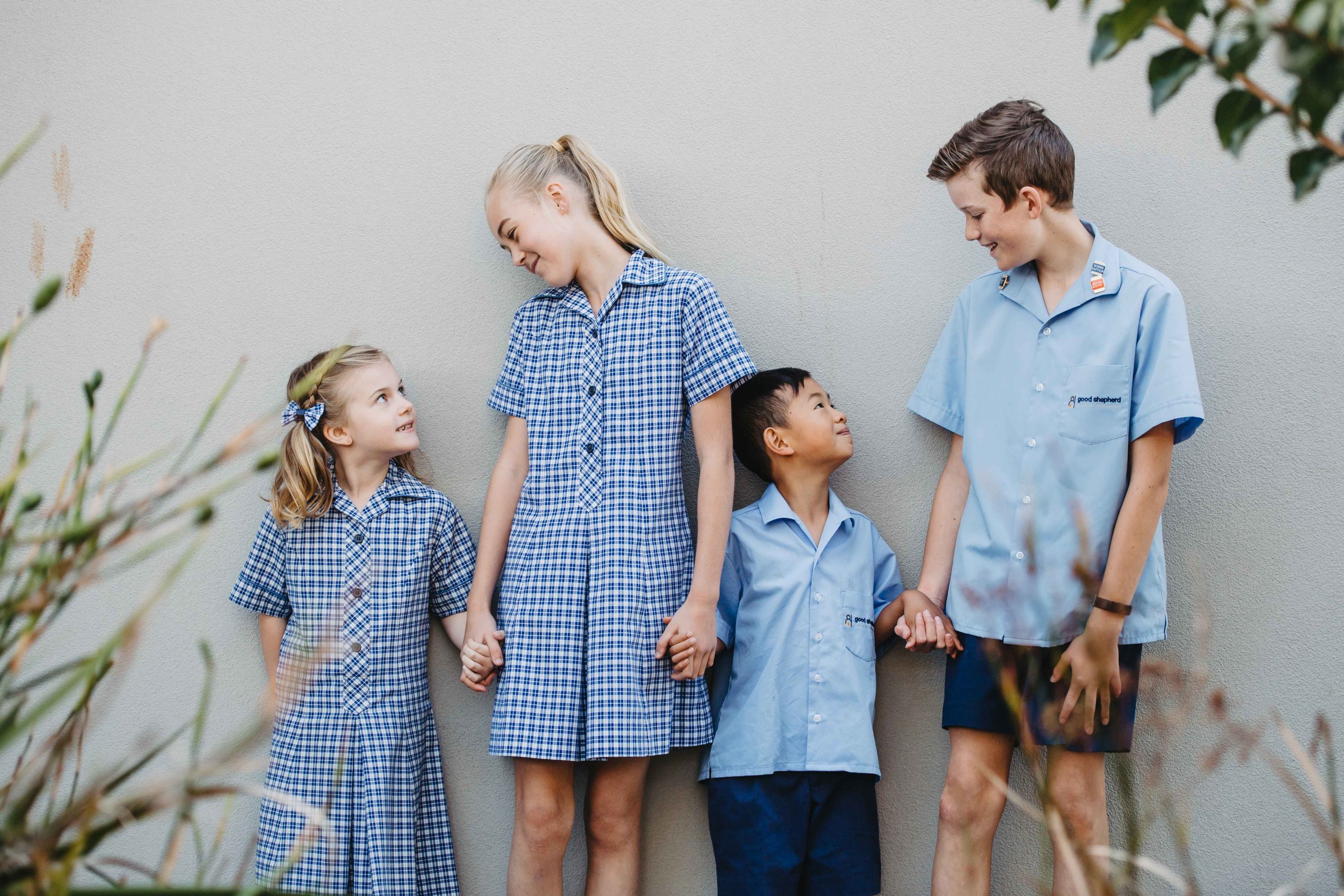
Expectations
Setting high expectations for students, teachers, staff and leaders is a fundamental principle of our learning culture. We believe that every person has potential to be discovered and valued. By setting and supporting high expectations, we empower students to excel academically, socially, and emotionally.
The culture of learning is a holistic approach to teaching each child. Your child’s educational journey of knowledge and self-discovery will be a remarkable one. We encourage you to continue to be actively involved in your child’s educational journey. Together, we can make a lasting impact and provide them with the skills they need to thrive. We’re proud to be partners in shaping the next generation of thinkers, creators, and leaders. In nurturing this culture of learning, we pave the way for a lifetime of success and fulfillment.
